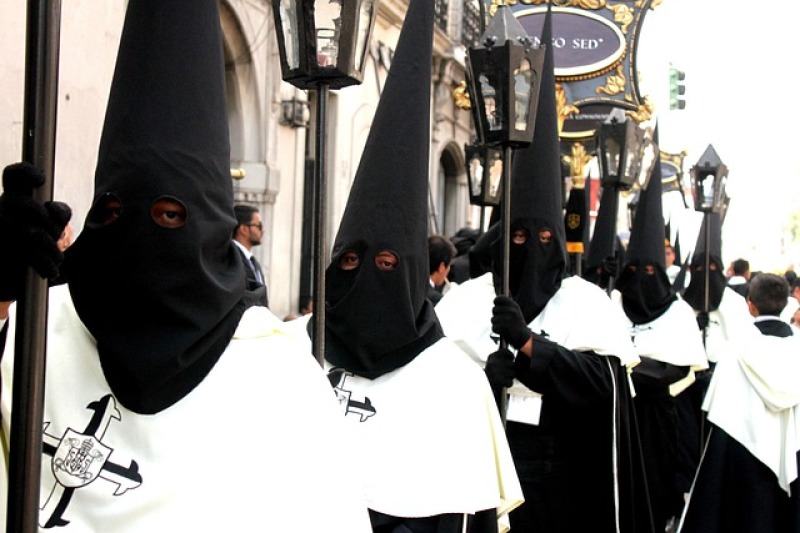
Holy Week is a holiday observed worldwide and is the time for Christians to commemorate the sacrifice and love for us by the Lord Jesus Christ. But some countries are not celebrating Holy Week.
In the Americas, some countries do not officially celebrate Holy Week, which is considered an important time in the liturgical calendar of the Catholic Church. Despite these several countries declaring holidays for people of faith to participate in activities, there are countries that do not consider these as holidays.
Countries and Places that Do Not Observe and Celebrate the Holy Week
According to the story in Catholic News Agency, some nations do not officially commemorate Holy Week. In Mexico, where Our Lady of Guadalupe is highly respected, they do not observe the Holy Week because the country is defined as secular under the 1917 constitution. The United States, on the other hand, only recognizes Good Friday as a state holiday in some of its states.
Uruguay calls Holy Week Tourism Week, with only Maundy Thursday and Good Friday as official non-working holidays. At the same time, Cuba does not recognize Easter but designates Good Friday as a day of work recess. Asian nations with religions other than Islam and Muslim-majority nations do not observe the holy day.
Infobae also gives information about countries worldwide that do not follow Holy Week. Mongolia's half of population is believed to practice Buddhism, but likewise, a decline in the number of members is evident. A small catholic minority is present, but only a few churches and one cathedral are built in the whole country.
China also has Buddhism as the dominant religion, and the same as Mongolia, a small population of Catholics celebrates it in their own homes and churches. Other religions are practiced in the nation, including Taoism, shamanism, the Eastern Orthodox Church, the Dongba religion, Protestantism, and Islam.
In Qatar, where Muslims comprise most of the population, the government is an absolute monarchy known as the emirate. The nation will host the 2022 FIFA World Cup, but Christianity is not extensively preached there.
Shinto is the main religion in Japan and is an animistic belief that gives an essential role in the daily living and principles of the Japanese people. Holy Week is not observed, but they do have their own religious celebrations related to Shinto.
Numerous holidays, including Christmas, Arbor Day, Cold Food Day, Western New Year, and Independence Day, are commemorated in South Korea, but most people still need to mark Holy Week. These are ordinary days without special holidays or occasions for travel or vacation.
Also Read: Nicaragua Considers Cutting Ties with Vatican Over Controversial Remarks
Forced Not to Celebrate the Holy Week
On Good Friday, the Roman Catholics of Nicaragua have been forced to celebrate their traditional Holy Week processions within the premises of their church. According to the report in News 4 Jax, this is due to the ongoing ban on public demonstrations. This ban is caused by the continuing conflict between the church and the Nicaraguan autocratic government, which suggested cutting ties with the church and imprisoning a bishop for a sentence of 26 years.
Despite the limitations, celebrations were placed in all parishes less fervently than in years past. Germán Miranda, a regular spectator of the procession from the Managua Cathedral, felt that this year's commemoration lacked the same spirit as in years past when the processions were staged in the streets of the nation's capital. He stressed the desire for peace between the state and the church in order to create a better tomorrow.
Related Article: Holy Week Traditions and Practices Around the World

















